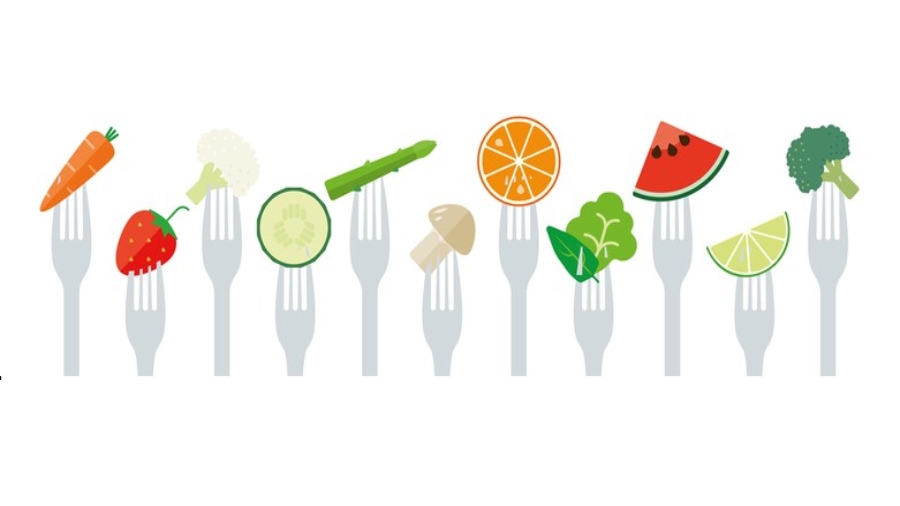Folic acid is the name of the synthetic form of folate or Vitamin B9, a coenzyme essential for the efficient functioning of the cells in the human body. Although it is not as well known as its other Vitamin B counterparts, its deficiency can manifest itself in several ways and impact health.
Our folate requirement is minuscule. Adults need 400mcg a day; children 150-300mcg; alcohol consumers, and pregnant and lactating women 500mcg to 600mcg.
Folate is present abundantly in food like green leafy vegetables, broccoli, peanuts, fresh fruits and whole grains. Unfortunately, only 50 per cent of naturally occurring folate gets absorbed. But 85 per cent of chemical folic acid (in the form of pills) enters the body.
Absorption is reduced if there are any intestinal diseases, especially the kind that cause malabsorption. Cooking destroys folic acid. And since it is water-soluble, throwing away the water in which vegetables are cooked drains out much of their nutrients including folic acid. To obtain adequate amounts of vitamins and antioxidants naturally, four to six helpings of fresh fruits and vegetables should be eaten daily.
Folic acid deficiency sets in gradually and can eventually result in megaloblastic anaemia, in which the blood cells are not only less but also larger than normal. This makes them inefficient and haemoglobin can fall to dangerously low levels. It can cause weakness, fatigue, breathlessness, irregular heartbeats and result in heart failure.
Deficiency of folate is particularly dangerous during pregnancy. This vitamin is essential for the proper development of the brain and spinal cord. Deficiency can cause spina bifida, a condition where the spinal cord, its membranes and the bony vertebra do not fuse completely. This can occur anywhere from the base of the neck to the hip. Part of the spinal cord and membranes can present as a bulge covered by skin and nerves can be trapped here. It can cause mild or severe neurological deficits. Bladder and bowel functions can be disturbed. Infections of the brain and spinal cord can occur. It can be fatal.
Folic acid supplementation can prevent 70 per cent of these defects.
Unfortunately, when a girl becomes pregnant, medical advice is obtained usually after 3-5 months. This is because of a mistaken belief that all medications should be avoided in early pregnancy to prevent the baby from being affected adversely. Folic acid supplements (5mg a day) should ideally be started when a woman decides to have a baby so that the early cellular development of the baby is normal.
Proteins are constantly broken down in the body, releasing a compound called homocysteine. High levels of this cause the walls of the arteries to become sticky, resulting in blood clots, heart attacks and strokes. Folic acid and Vitamin B12 levels need to be adequate to prevent this. Adequate folic acid levels have some beneficial action in preventing cancer, dementia and depression too.
Since folate is water-soluble, any excess consumption is usually harmlessly excreted in the urine. In rare instances it can cause allergy and itching.
Folate and B12 act synergistically in the production of haemoglobin and nervous system function. If supplements of folic acid alone are given for apparent deficiency, there may be an initial improvement. This may mask any co-existent B12 deficiency till serious neurological damage occurs.
Deficiency can cause numbness in the hands and feet, burning sensations and loss of balance. Therefore, if vitamin supplements are taken, it is better to prescribe one which contains both Vitamin B12 and folic acid.
Some drugs like anticonvulsants and methotrexate become less efficient when combined with folic acid.
If you are on medication for some disease, consult your physician before taking folic acid supplements.











